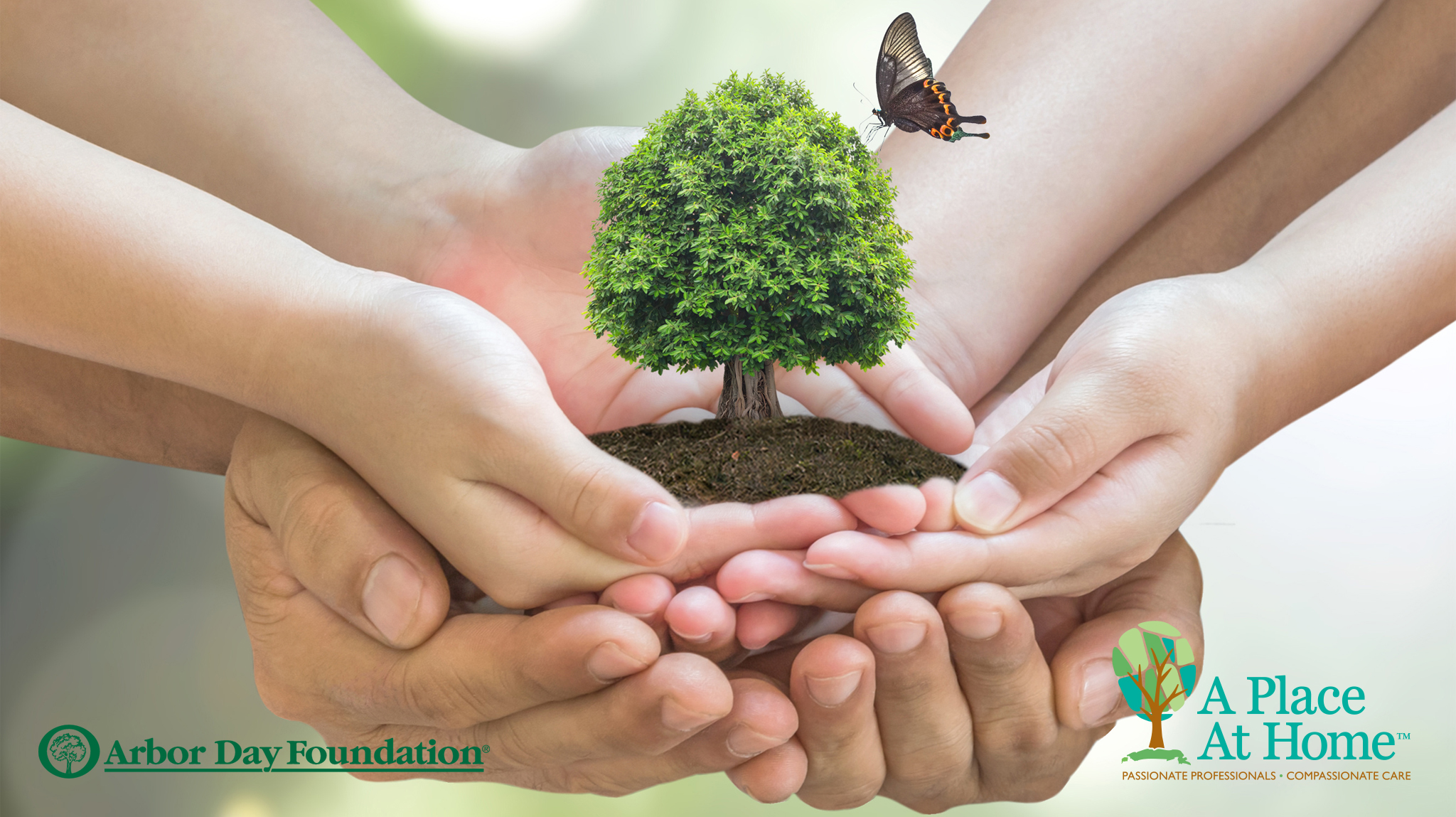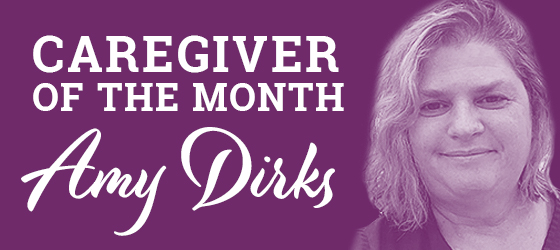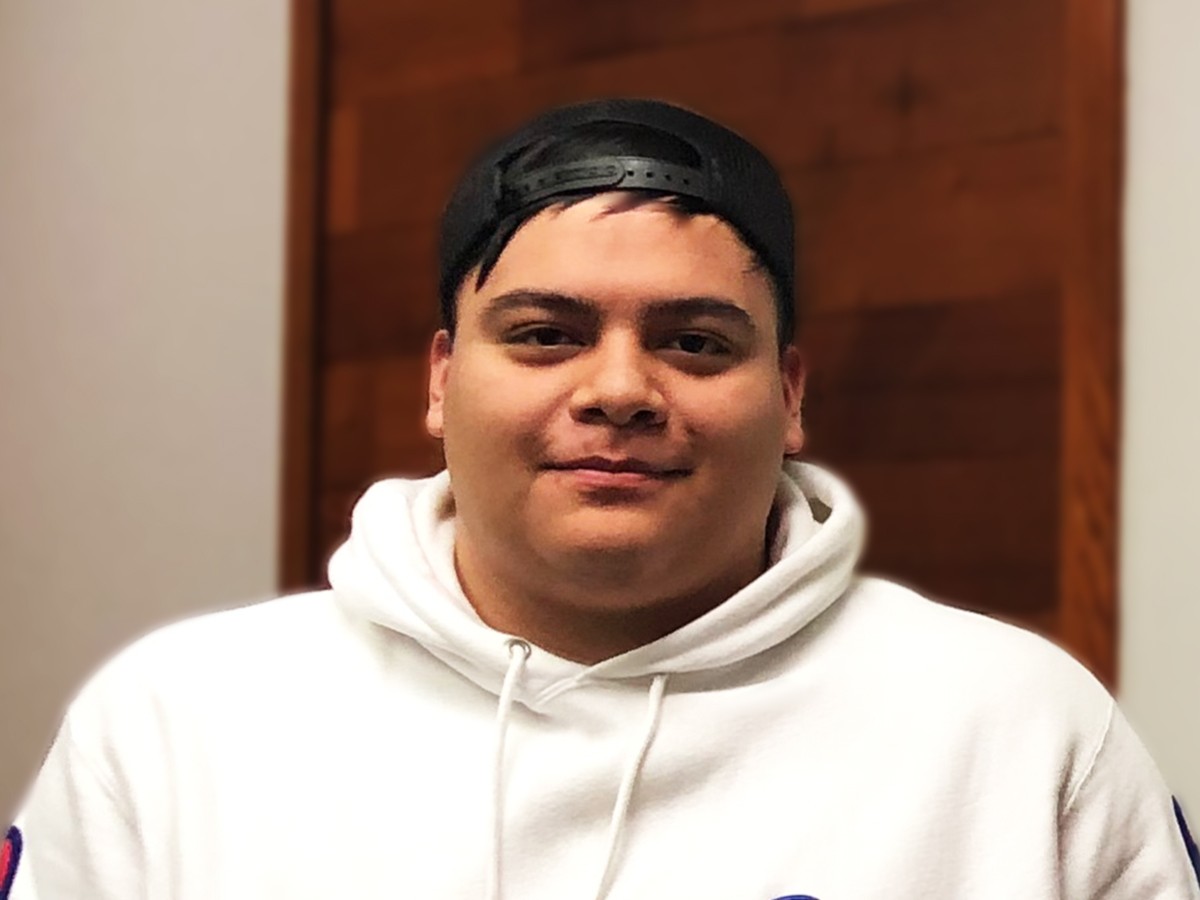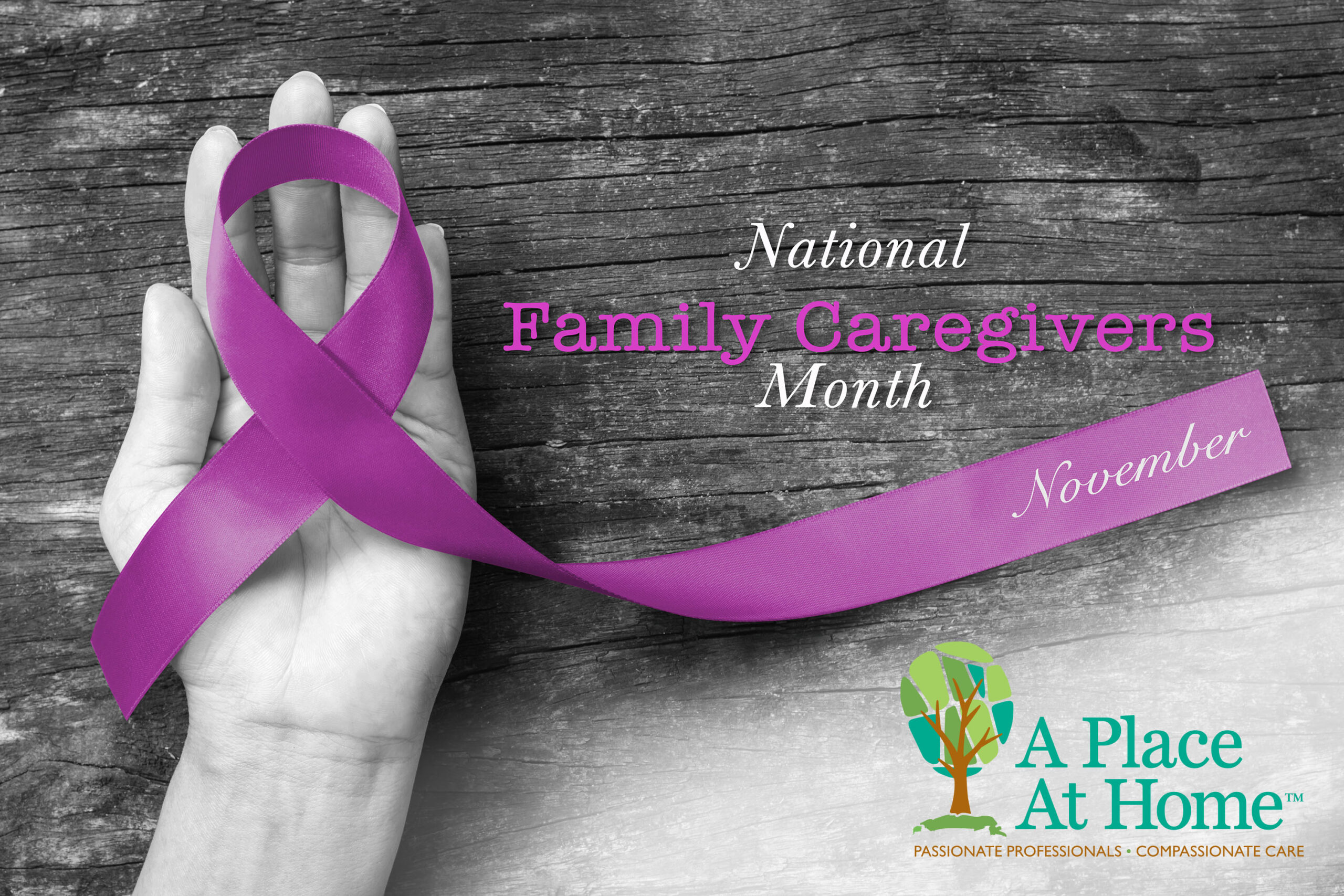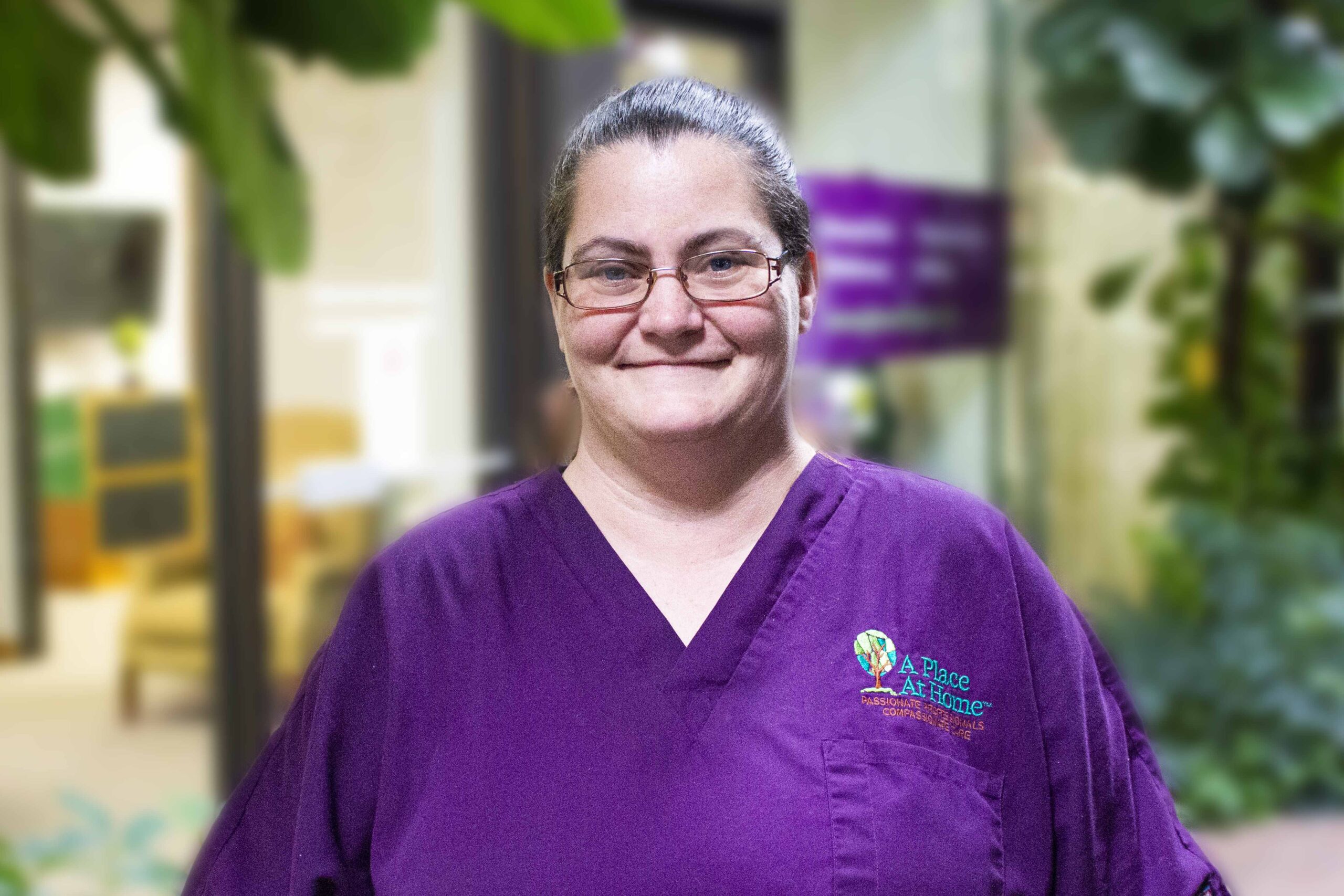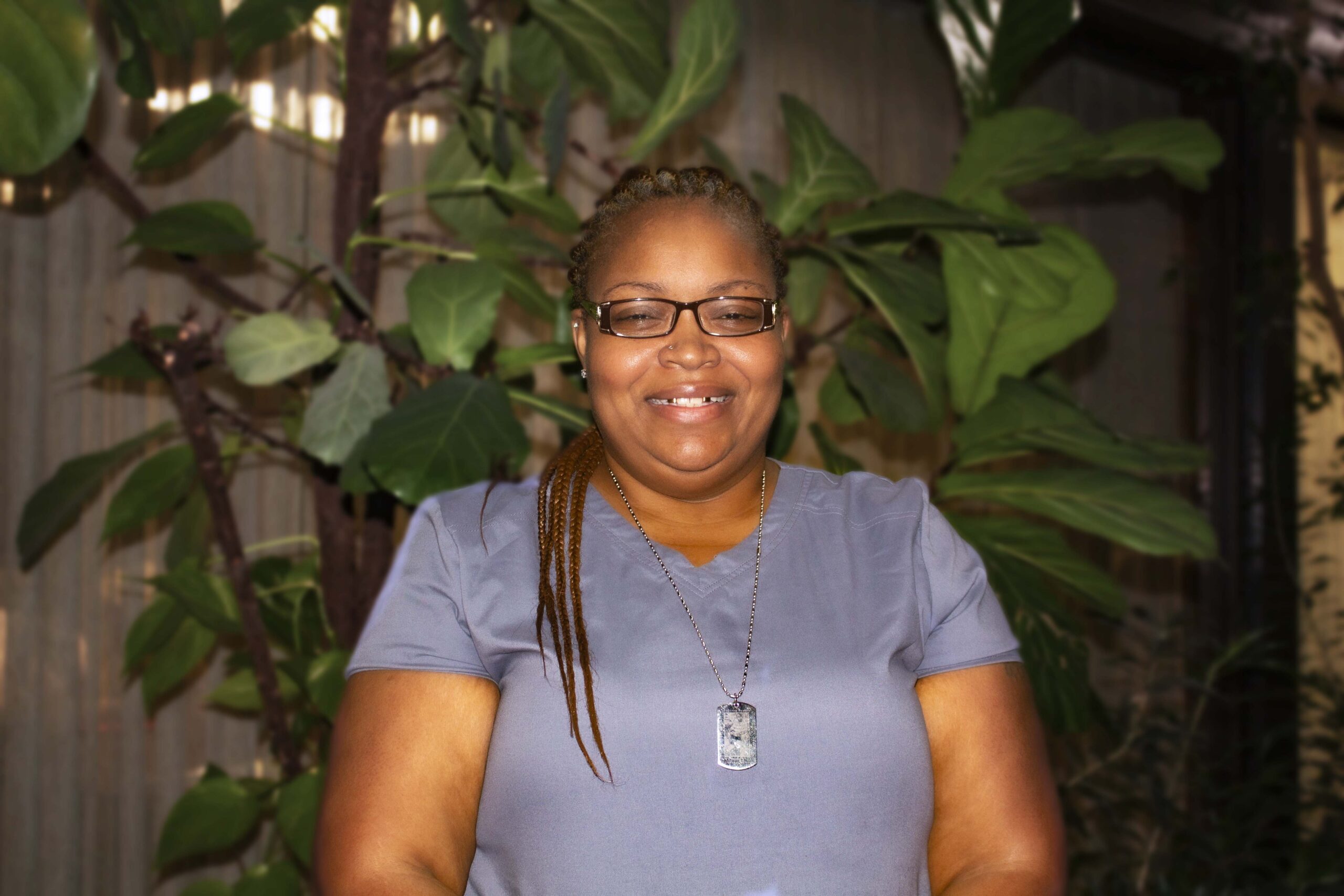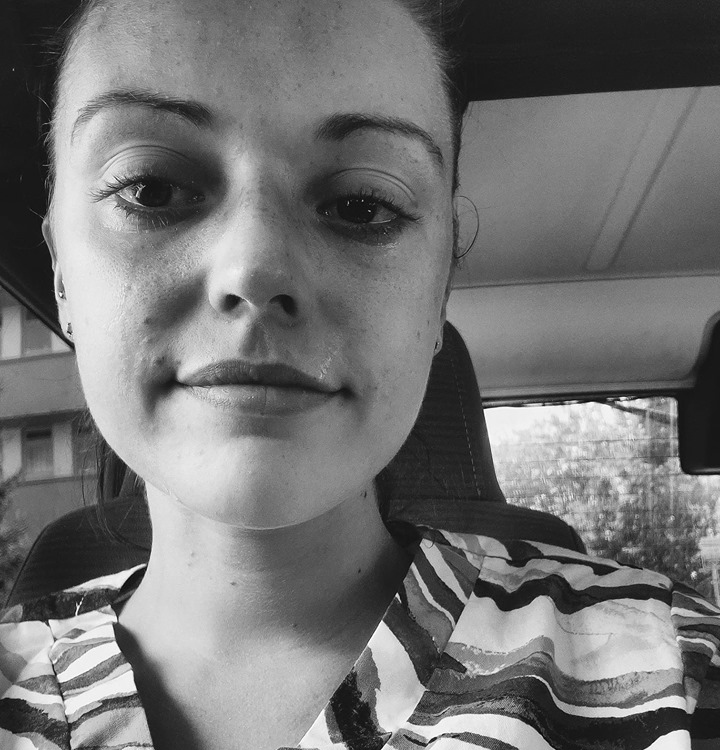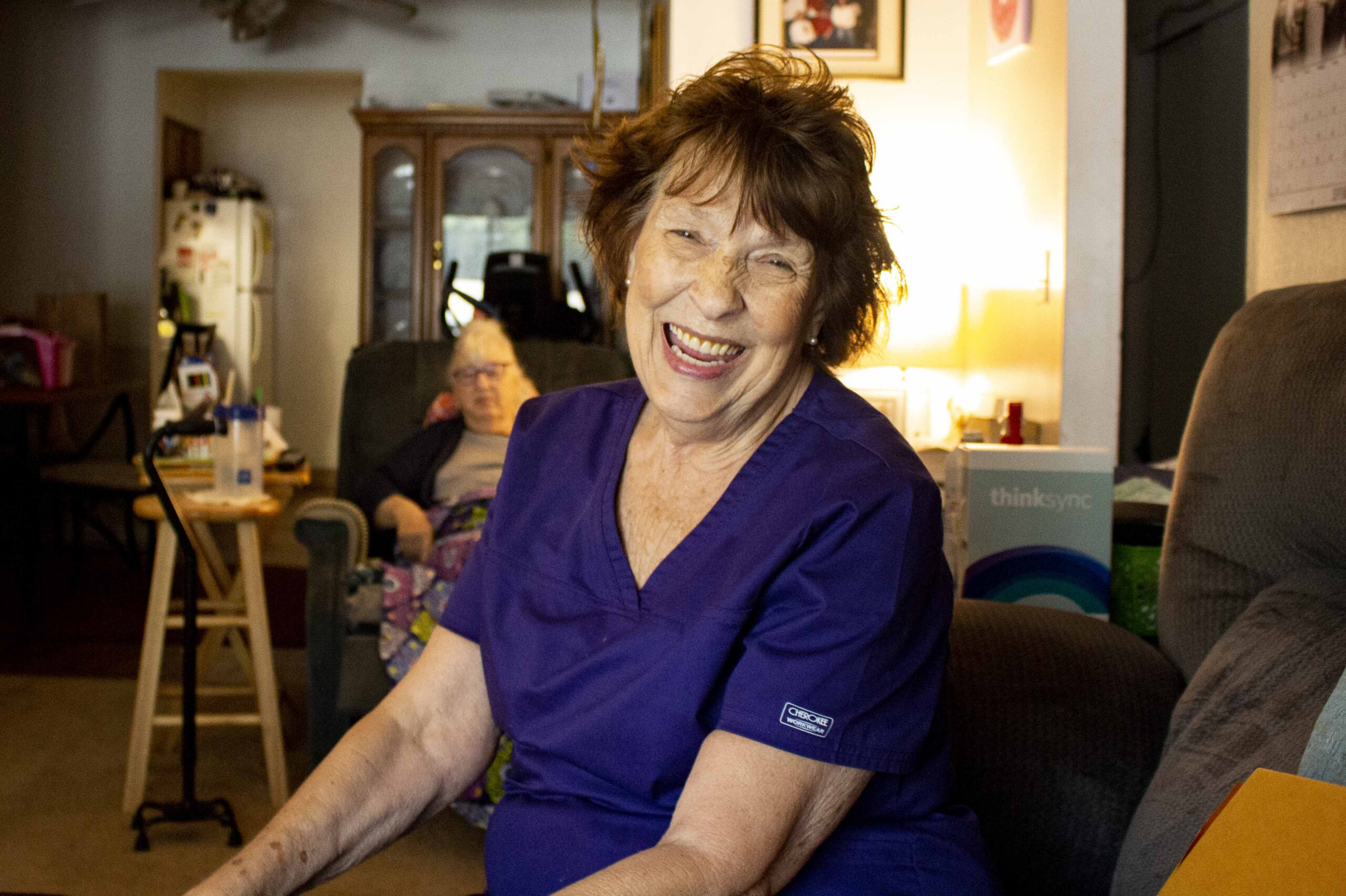Arbor Day – it’s one of those holidays that we don’t take off work for, or exchange gifts. But for our planet, it’s one of the most important holidays of the year. The founder of Arbor Day, Julius Sterling Morton, had a passion for nature, and trees in particular. Originally from New York, Morton settled down in the Midwest, founding this holiday dedicated to trees in Nebraska, the same state A Place At Home was founded. It is estimated that one million trees were planted in Nebraska at the first Arbor Day celebration in 1872.
Impact on our Health and Environment
Trees have a major impact on our environment, and our health. Most people know that trees clean the air. But did you know that each year they remove over 46 million tons of air pollution, just in the United States? In the same amount of time, one mature tree will absorb more than 48 pounds of carbon dioxide from the atmosphere. In exchange, it releases oxygen. It’s no wonder then, that 20 percent of the earth’s oxygen overall is produced in the Amazon Rainforest. And trees don’t just affect our air quality. Studies have shown that just being able to see a tree significantly reduces stress levels and improves quality of life.
Impact on our Heart
Traditionally, people across the world celebrate Arbor Day by planting trees. Not just to be kind to the environment, but to honor loved ones who have passed away. It’s for this reason that Arbor Day, and the Arbor Day Foundation, is near and dear to our hearts. At A Place At Home, trees represent powerful meaning. Like others, we think of trees as the symbol of the vitality of life, and those that came before us, and those that will carry on after we are gone. It stands for families and ancestors. It stands for strength, stability, and nourishment.
Rooted in Care
For every client we have been honored to care for that passes away, A Place At Home plants trees in their memory. Since 2014, A Place At Home franchise network has planted almost 2,000 trees. Memorials to our clients are growing in Wallowa-Whitman National Forest, Superior National Forest, Chippewa National Forest, Custer-Gallatin National Forest, and Klamath National Forest. Each tree we plant reminds us of how grateful we are to have been touched by the lives of those families and clients.
If you’d like to celebrate this Arbor Day by planting a tree, why not go the extra mile and become a member of the Arbor Day Foundation. First time members get 10 trees free and you can sign up here.
If you or someone you know can benefit from extra support in the home, please reach out to us to see how we can help.

